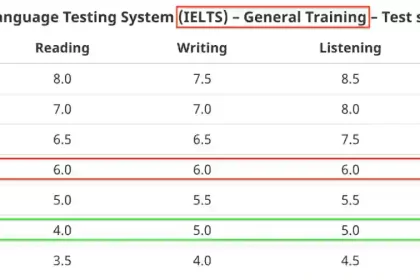Despite decades of searching, the mystery of why we still haven’t found extraterrestrial life remains puzzling. A new theory offers a grim answer: Maybe alien civilizations will reach a point where their technological advances will lead to catastrophic climate change and cause their own extinction.
Scientists conducted simulations to assess how long extraterrestrial civilizations could survive if their energy consumption rates were similar to those seen on Earth, according to Tekna Technology Media Astronomy News Service. This hypothesis, which is currently under investigation, examines the possibility of the rise and fall of advanced alien societies.
The results are alarming. Even if these civilizations relied solely on renewable energy, their insatiable demand for energy could generate enough heat to destabilize their planets and make them uninhabitable within 1,000 years. This alarming possibility stems from the second law of thermodynamics, which states that energy systems must release some amount of waste heat. One of the study’s authors, astrophysicist Manasvi Lingam, explained the situation with an analogy in an interview with Live Science: Imagine a bathtub with a slow leak. At first, the dripping water seems harmless, but as the tub fills up, it eventually overflows and floods the entire house. This planetary-scale scenario depicts the fate of an advanced society whose indiscriminate use of energy heats the planet to uninhabitable temperatures.
According to the researchers, this fate could threaten any civilization, no matter how advanced their technology. If energy consumption continues to increase, the accumulated excess heat could make a planet uninhabitable in less than a millennium; This amount of time is just the blink of an eye compared to the millions of years it takes for a planet like Earth to become habitable.
This study refers to the use of earth’s energy since the industrial revolution. By 2023, human energy consumption would have reached an astronomical 180,000 terawatt hours, nearly equal to all the solar energy the Earth receives. Researchers stress that reducing energy consumption through renewable sources and improving energy efficiency will be critical to sustaining life in the long term.
They suggest two possible paths for civilizations, both human and alien. One approach is to stop growth and maintain balance with the planet’s energy capacity. Alternatively, civilizations could develop technologies that would allow them to transfer energy production off-planet, thereby extending their lifespan to a billion years.
The study also speculates that some alien species may have succumbed to their energy demands before they had a chance to develop interstellar communications or even identify other intelligent life forms. This could explain why we haven’t found any signs of extraterrestrial life – they may have destroyed themselves before making contact.
For extraterrestrial biologists, this theory will be a great challenge in the search for alien civilizations. If advanced species only survive for about 1,000 years before their planet warms, the chances of detecting them in that little time are slim. Given that planets like Earth take hundreds of millions of years to support life, this fleeting moment of technological advancement may make the discovery of other intelligent life forms nearly impossible.
RCO NEWS


















